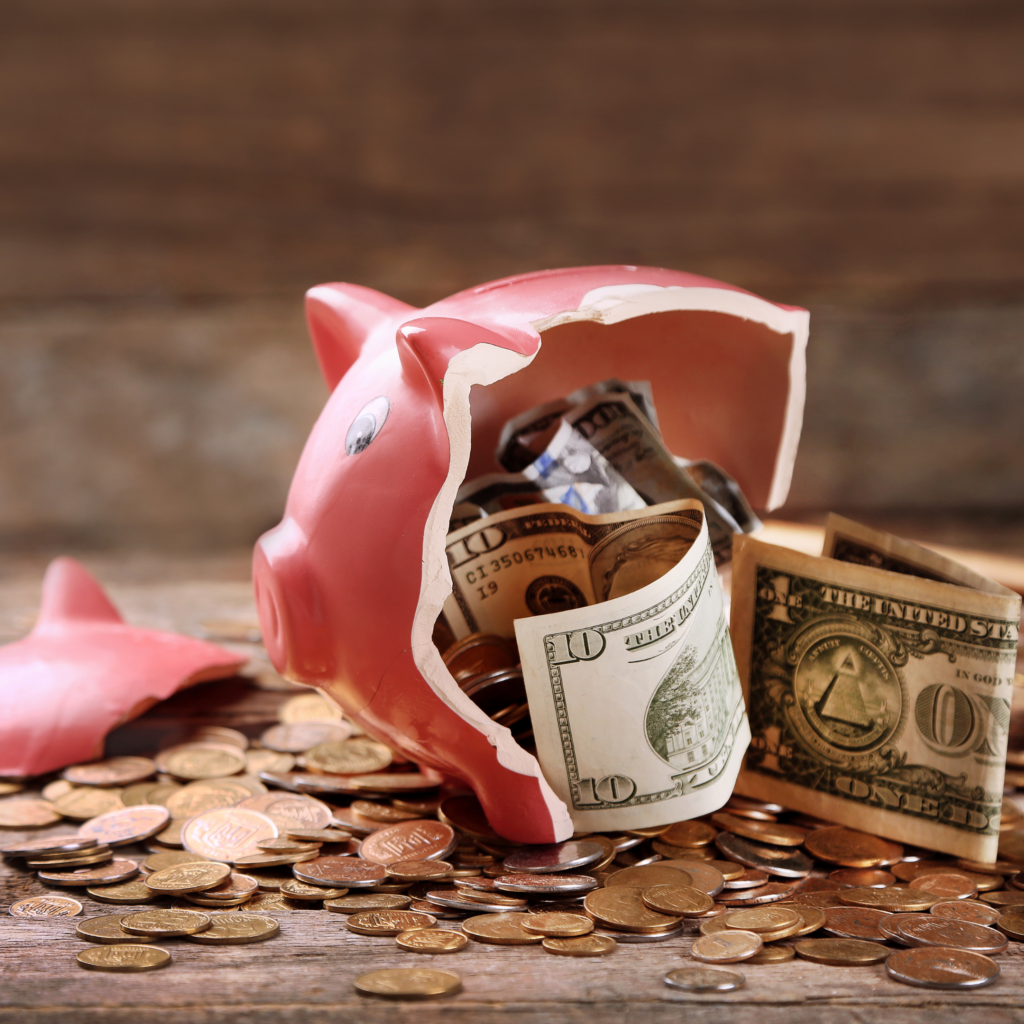Proponents of “soaking the rich” have long claimed middle class Americans routinely pay more in taxes than the wealthiest individuals. A recent report from the Joint Committee on Taxation (JCT) finds this narrative doesn’t hold up when reviewing actual tax data.
It turns out, the uber wealthy, the top 16,000 individuals, are paying an average federal tax rate of 34%. For those worried the tax code is not progressive enough, compare that to the average federal tax rate paid by the bottom half of earners, whose average tax rate is less than 7% and does turn negative when excluding taxes.
These findings are significant as Congress debates the expiring provisions of the 2017 Tax Cuts and Jobs Act (TCJA) and progressives push for new taxes on high income earners. What’s more, raising the tax burden for high earners would likely threaten private philanthropy; these taxes will not merely affect the top 0.1% but nonprofit organizations and the communities they serve.
The Roundtable is paying close attention to the upcoming TCJA expiration as it will have a direct bearing on philanthropic giving and the ability of generous Americans to support communities and causes they care about most. These provisions, like increased deduction limits on charitable contributions, boosted donations by wealthier donors in recent years. The expiration of these could reduce charitable giving, especially if personal and corporate taxes rise.
Why does TCJA matter? Firstly, Americans tend to give about 2% of their disposable income. If taxes go up, dollars going to charities will go down.
But there are indirect effects here. Often, the “wealthy elite” that progressives attack are actually pass through businesses that pay the individual income tax rates. What might appear like high income is actually income from small businesses providing jobs in their communities. Punishing these earners merely punishes small businesses and holds down economic growth. Conversely, tax policies that support economic prosperity and job creators foster higher disposable income, driving increased charitable giving.
High-net-worth individuals often use their discretionary income for large charitable donations. By increasing their tax obligations, the pool of available funds for charitable contributions shrinks. Proponents of “soak the rich” economics need to understand and acknowledge that our tax code is already progressive, and further raising the tax burden on high earners means less money flowing to the nonprofits that are the backbone of a thriving charitable sector, addressing vital social, environmental and humanitarian challenges.
Raising taxes in America could stifle economic potential. Imposing higher taxes on work and investment results in less work and investment. Excessive tax rates on corporations and wealthy families are not without economic consequences. The purported benefits of increased tax revenues must be weighed against the economic costs of reduced work, savings, investment, innovation and job creation—which ultimately negatively impact families across all income levels and drain resources for charitable giving.
Repeatedly, data suggest donors are sensitive to tax policy change. The Roundtable’s Jack Salmon found that “for every $1 increase in the tax benefit, dollars donated to charitable causes rise by a statistically significant $1.30.” This study further demonstrates the dangers of allowing TCJA to expire and permitting policymakers to hike taxes on hard working Americans.
At the end of the day, the decision is simple. Do we want our money allocated by the inefficiencies and sloth of government redistribution? Or do we want to encourage private, voluntary giving to ensure more money is in communities where it is most needed? Increasing taxes could greatly affect charitable giving across America, decreasing the resources available to nonprofit organizations that offer essential services to communities nationwide. Charitable giving allows assistance for organizations that fill a gap left by government failure.

